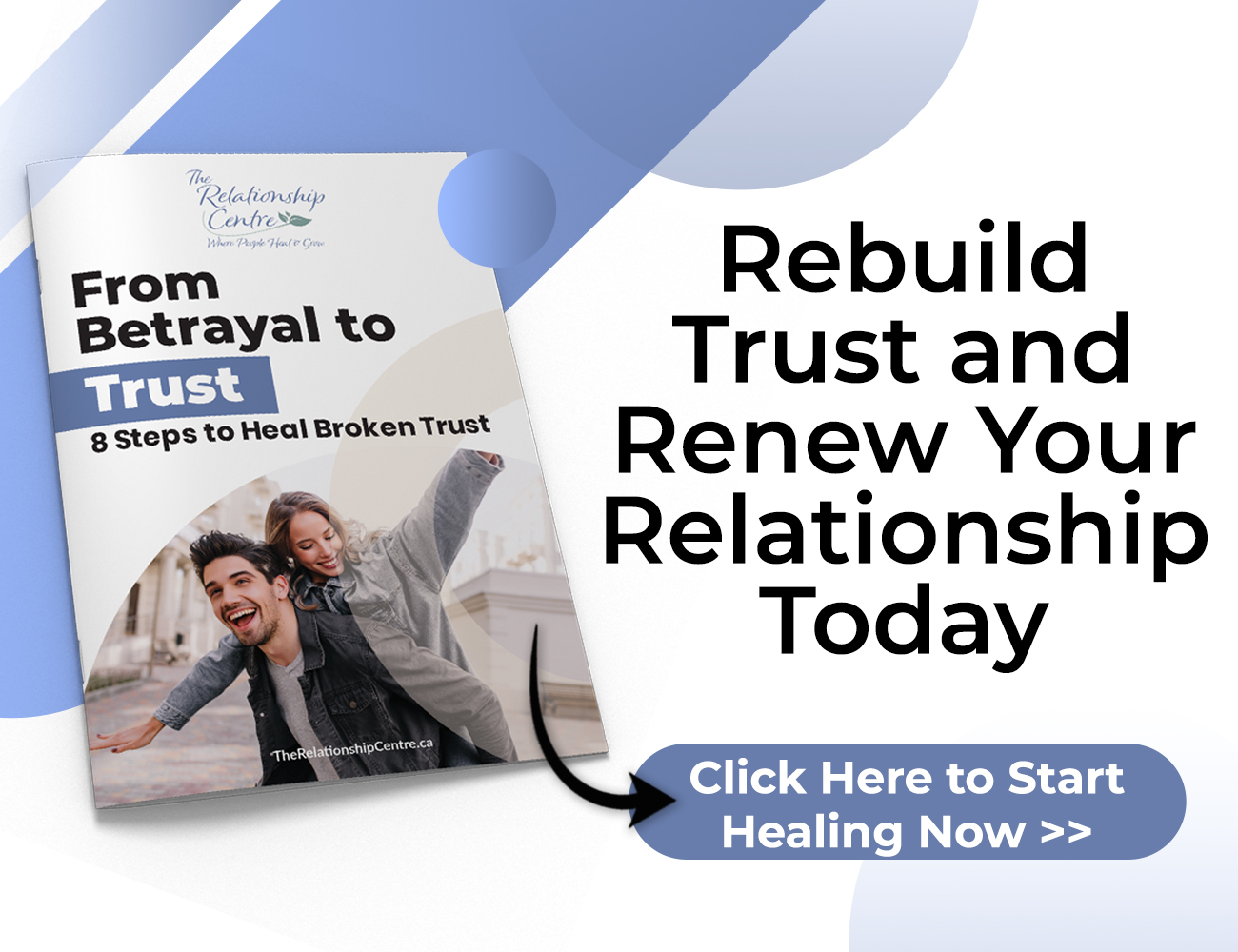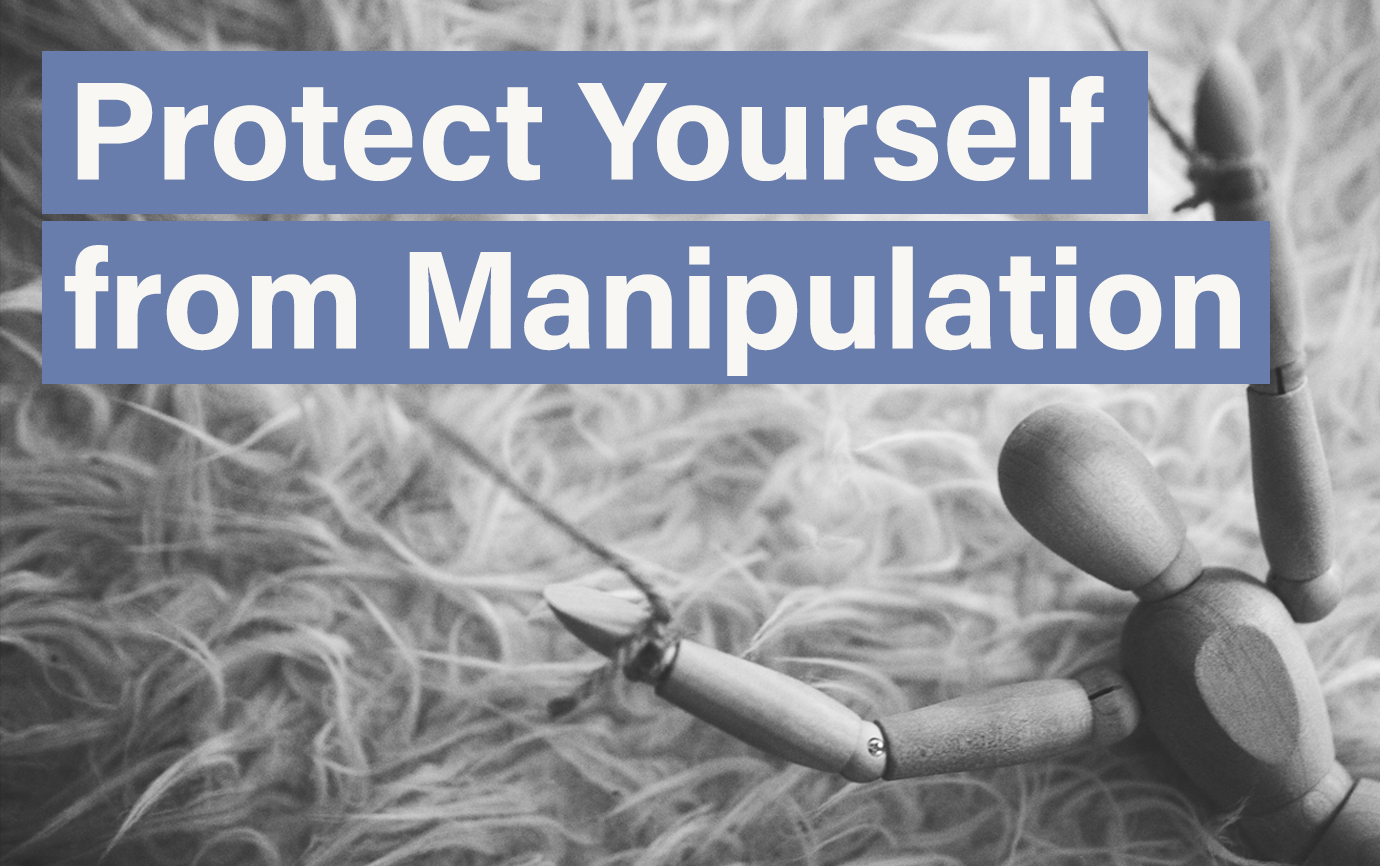Anxiety is the silent adversary that creeps into our lives, it disrupts our peace and affects our well-being. It manifests in various forms, from mild unease to panic attacks that leave individuals feeling trapped and overwhelmed.
Yet, the anatomy of anxiety is crucial. Its common causes and detrimental effects can take a toll on health.
The impact of anxiety extends beyond mere mental distress, seeping into our physical well-being with alarming consequences.
Prolonged periods of anxiety can lead to elevated cortisol levels, disrupt hormonal balance, and weaken the immune system. This makes individuals more susceptible to infections and illnesses.
In this blog, let’s go deeper into the core of this emotional whirlwind, and uncover 4 common causes and their profound effects on your health.
- Stress Overload:
Stress can be a silent saboteur. It can pave the way for anxiety to take root.
Whether it’s looming deadlines, financial strain, or relationship woes, excessive stress can overwhelm the mind and body. The relentless barrage of cortisol and adrenaline wreaks havoc on your nervous system, and height your susceptibility to anxiety attacks.
Incessant worry becomes the norm, muscles tense, and sleep becomes elusive. The toll on your health is undeniable, with an increased risk of heart disease, weakened immune function, and mental exhaustion. - Genetic Predisposition:
Genetics can shape predisposition to anxiety disorders. Passing down sensitive genetic traits that can make some people more prone to experiencing intense anxiety reactions. Variations in specific genes can influence neurotransmitter activity, altering the brain’s response to stressors.
While genetic predisposition alone may not dictate your fate, it sets the stage for environmental factors to trigger anxiety. Understand that your genetic makeup empowers you to adopt proactive measures, seeking early intervention and tailored coping strategies. - Traumatic Experiences:
The scars of past trauma can cast long shadows, as anxiety disorders in susceptible individuals. Whether it’s childhood trauma, a harrowing accident, or the aftermath of a natural disaster, traumatic experiences can shatter one’s sense of security. The echoes of fear and helplessness can hijack your thoughts, and trigger intense anxiety and panic attacks.
Untreated trauma not only destabilizes your emotional well-being but also increases your vulnerability to a myriad of physical health issues, from chronic pain to gastrointestinal disorders. - Lifestyle Factors:
Lifestyle choices wield significant influence over your mental equilibrium, with certain habits of anxiety symptoms. Poor dietary choices, sedentary living, and substance abuse can fuel anxiety’s flames, disrupt neurochemical balance, and amplify stress responses.
Conversely, embracing a holistic approach to wellness—nourishes your body with wholesome foods, engages in regular exercise, and practices mindfulness—fortifies your resilience against anxiety’s onslaught. Small yet impactful lifestyle changes can foster a harmonious synergy between mind and body that shields you from the ravages of anxiety.
The anatomy of anxiety empowers individuals to recognize its common causes and take proactive steps toward their health and well-being. You possess the strength to overcome anxiety—seize it and thrive. Take charge of your mental and physical health, address the root causes, and adopt healthy coping mechanisms.
If you would like to see how one of our therapists can help you or someone you know, simply call 613-848-3683 and one of our Client Care Coordinators would be delighted to share the details with you.
Or… Click here to book a call with a Care Coordinator now >>
Recommended Reading:
By the way, here’s a book that might also help…
Attempts to manage your thoughts or get rid of worry, fear, and panic can leave you feeling frustrated and powerless.
But you can take back your life from anxiety without controlling anxious thoughts and feelings. You can stop avoiding anxiety and start showing up to your life.
The book has one purpose: to help you live better, more fully, more richly. Your life is calling on you to make that choice, and the skills in this workbook can help you make it happen.
Click here to check out The Mindfulness and Acceptance Workbook for Anxiety >>















